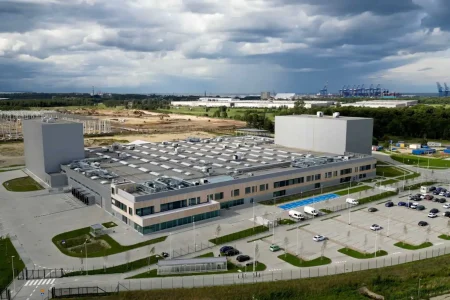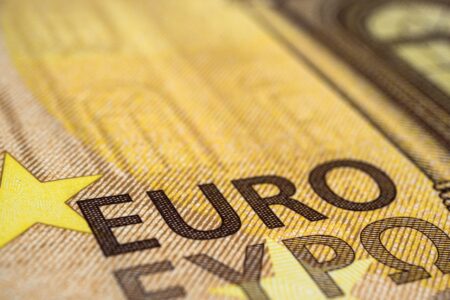According to experts, the carbon dioxide (CO2) and hydrogen molecules will serve as the cornerstone of the EU’s future low-carbon synthetic fuel sector.
According to Brice Lalonde, a former leader of the French Green party and current head of the think tank “Équilibre des Énergies,” hydrogen has been promoted as the all-purpose energy solution, creating some sort of hype.
He thinks there won’t be much more demand for hydrogen despite the fact that it is now widely used in chemical reactions, the manufacture of plastics, fertilisers, and other products.
Synthetic fuels can be created by combining CO2 and hydrogen. These fuels are energy dense and suitable for use in aircraft and maritime commerce, much like ordinary fossil fuels.
The main distinction is the possibility of climate neutrality with these synthetic fuels. To make that happen, the hydrogen utilised in the process must be environmentally friendly, derived from renewable sources of electricity, and utilise CO2 that has been taken from already-running industrial processes or absorbed from the air.
The potential of CO2 as a feedstock for industry has been recognised by the European Commission. The European Commission declared in October of last year that it was developing a carbon capture and utilisation (CCUS) strategy that would be released before the end of the year. Similar to the EU’s hydrogen strategy, which was unveiled in 2020, the CCUS plan would seek to provide businesses with a distinct viewpoint.
According to EU energy commissioner Kadri Simson’s announcement in October, the European Commission will present a “strategic vision” for carbon capture, use, and storage (CCUS) technology early in the next year in an effort to clarify regulations and provide investors with assurance.
The amount of CO2 storage required for this, though, can appear overwhelming. The European Commission established a goal in March to enable a capacity to inject 50 million tonnes of CO2 annually by 2030, and 550 million tonnes of CO2 annually by 2050.








